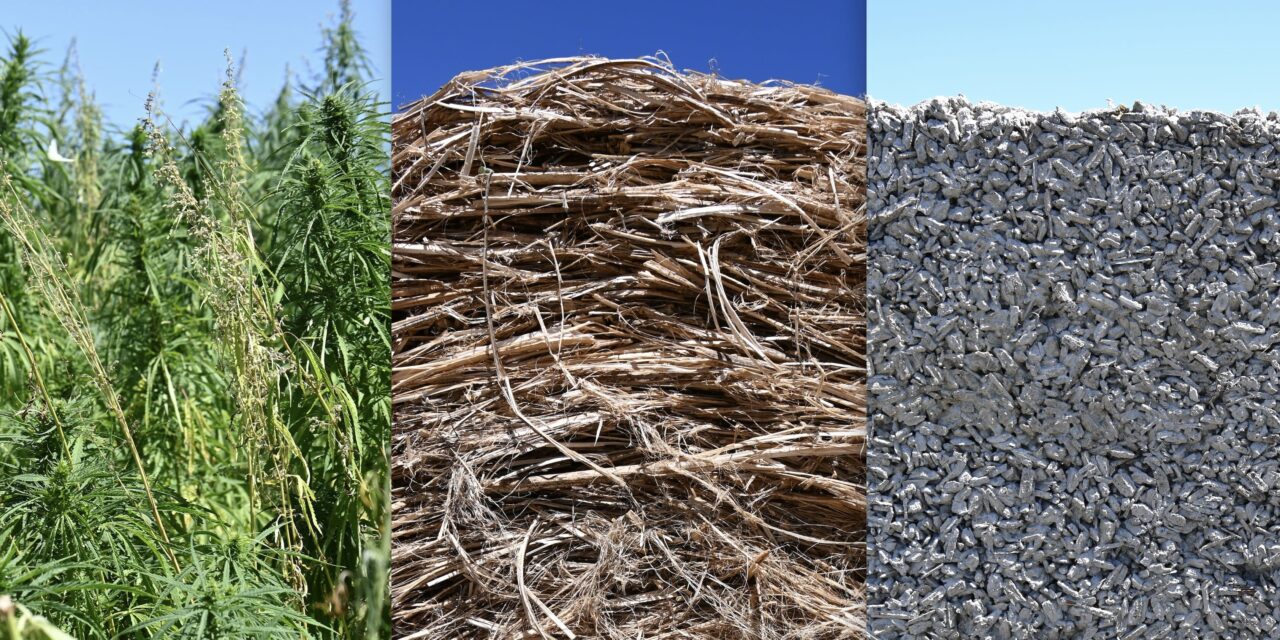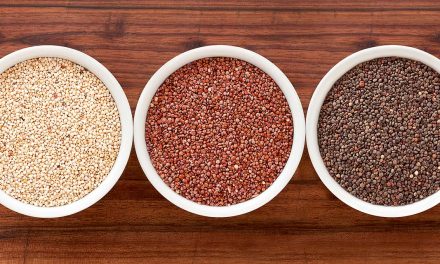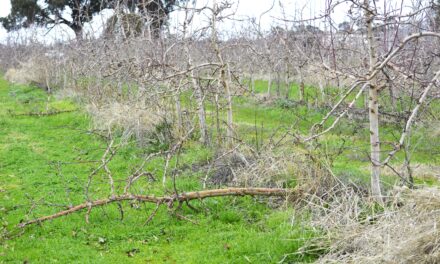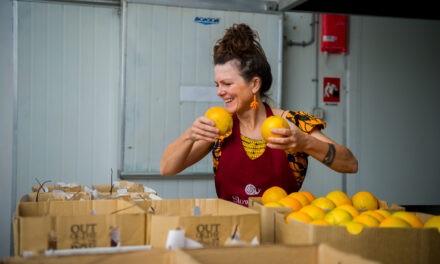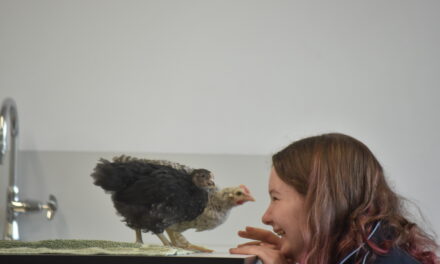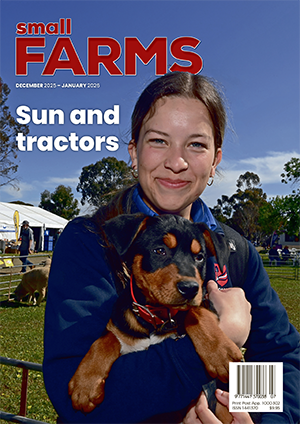Hemp industry red tape cut
Farmers in Victoria wanting to diversify or try something new can now consider hemp as a viable option with recent changes in the law, writes ANDY WILSON.
Hemp growers have welcomed the easing of restrictions on the growing of hemp for construction and fibre purposes.
The Victorian Government has committed to cutting red tape by adopting recommendations from last year’s hemp industry inquiry.
The inquiry was undertaken by Legislative Council’s Economy and Infrastructure Committee and its report was tabled by chair and State Member for Northern Victoria Georgie Purcell at the end of last November.
Legalise Cannabis MP Rachel Payne has lobbied the Allan Government to support the hemp industry by adopting all recommendations.
“Hemp is a wonder crop that can be used in building materials, textiles and foods,” Ms Payne said.
“I’m delighted to hear that the Allan Government will back many of our findings, for example, considering stand-alone legislation similar to other states and committing to simplifying the licensing process.”
Ms Payne has long lobbied the government for stand-alone industrial legislation and introduced the Hemp Industry Bill 2024 for a second reading in May.
She told parliament that the opportunities were ‘endless’ for the industry and that Victoria needed a stand-alone industrial hemp act to align with other states.
“We are lagging behind other states and even further behind the rest of the world,” Ms Payne said.
“Hemp could have a role to play in revitalising national manufacturing, providing countless local jobs and building more environmentally friendly housing.”
Ms Payne also said the international market for industrial hemp was projected to grow to $18.6 billion by 2027.
Parliament did not vote on the bill in order to allow the government to respond to the inquiry’s recommendations.
Farmers currently need to apply for a time-consuming and costly licence to grow hemp and undergo police checks.
“The government will now task Agriculture Victoria with streamlining this,” Ms Payne said.
Because hemp was considered an ‘industry’ product, it could not be processed on farms.
“Hemp products will (now) be defined as ‘rural industry’ — another win for farmers, because it gives them the option of processing hemp on their properties,” Ms Payne said.
“This means they can make anything from hemp soap to hemp fabric.”
It is the compound tetrahydrocannabinol (THC) which gives recreational smokers their iconic ‘high’ and hemp its bad name, but in industrial hemp, THC reaches only negligible levels.
Before 2022, if an industrial crop had a THC level of 0.35 per cent, state laws would order the crop to be ploughed into the ground.
Agriculture Victoria took care of the sampling and ordered the ploughing.
Given that plant stress such as drought or insect attack and waterlogging can cause the plant to lift its THC levels, it did not take much for a grower to sit through the heartbreak of losing a crop.
Why would a farmer take the risk?
The THC threshold is now allowed to be one per cent, which gives farmers a greater scope to respond to stressors and is a level which growers and experts are confident won’t be breached.
Ms Payne said she would now lobby the government further to fund a hemp co-operative in Victoria to support growers and manufacturers and suggested the void left by the ending of native timber logging could be replaced with a hemp industry.
“How great would it be if communities that once relied on native timber logging could set up hemp processing hubs in a hemp co-operative?” she said.
“This would create jobs and financial stability for the former logging communities of eastern Victoria, as industrial hemp is another chip and pulp industry.”
Ms Payne said she hoped the Victorian Government would advocate to the Federal Government to support the hemp industry, including changes for whole plant use, including medicinal cannabidiol extract and using hemp in carbon credits schemes.
Legalise Cannabis MP David Ettershank said hemp was a ‘super crop’ and he looked forward to its production flourishing in Victoria.
“I want to see the state of Victoria become a ‘super grower’,” Mr Ettershank said.
He said a further development had been the Federal Government announcing it would investigate the value of hemp as a carbon sequester as part of the Australian Carbon Credit Unit Scheme.
“Hopefully this will result in an accreditation framework for industrial hemp crops – a win for farmers,” he said.
“A farmer would then be able to support carbon sequestration and be rewarded financially with carbon credits.”
Spacebale Homes project manager Rose Rule welcomes the government’s decision but sees the next obstacle as being the purchase of harvesting and processing machinery.
Ms Rule combines expertise in renewable materials with housing design and has utilised hemp in building materials.
“Basically, the industry will now need new forms of pricey farming equipment,” she said.
“At the moment we use contractors to cut it because the herd (stem core) of hemp has an amazing strength.
“You cannot do it with a normal harvester. We even need to contract one from South Australia.
“But if it becomes something more commonplace, then it will be more accessible and that will be amazing for the industry.”
Ms Rule said farm gate prices for hemp averaged $400 per tonne.
“It then needs to get processed interstate, which brings its cost up to about $2000 per tonne,” she said.
“So it is in the farmers’ best interests to process it themselves and, if so, it will be a further boom to the industry.
“It’s also sensible for farmers to diversify to adapt to change, such as drought.
“But for the building industry, this will do wonders.”
Hemp industry red tape cut
